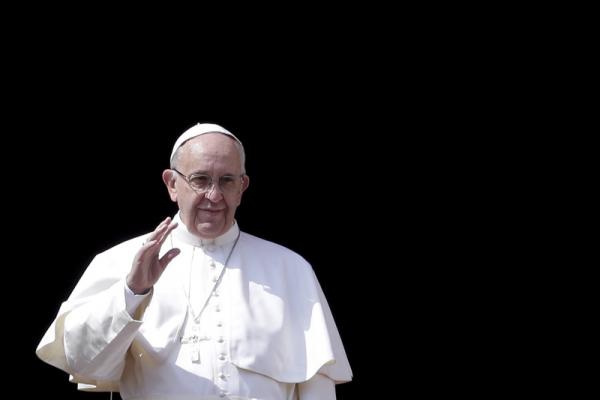Apr 21, 2016
That’s always been the jokey answer to a dumb question, but it’s now a serious issue for Catholic intellectuals who have been criticizing, and defending, the Catholic bona fides of Pope Francis, especially since the pontiff released a landmark document on family life earlier this month that some say calls into question the church’s teachings on the permanence of marriage.
Read the Full Article

Already a subscriber? Login
